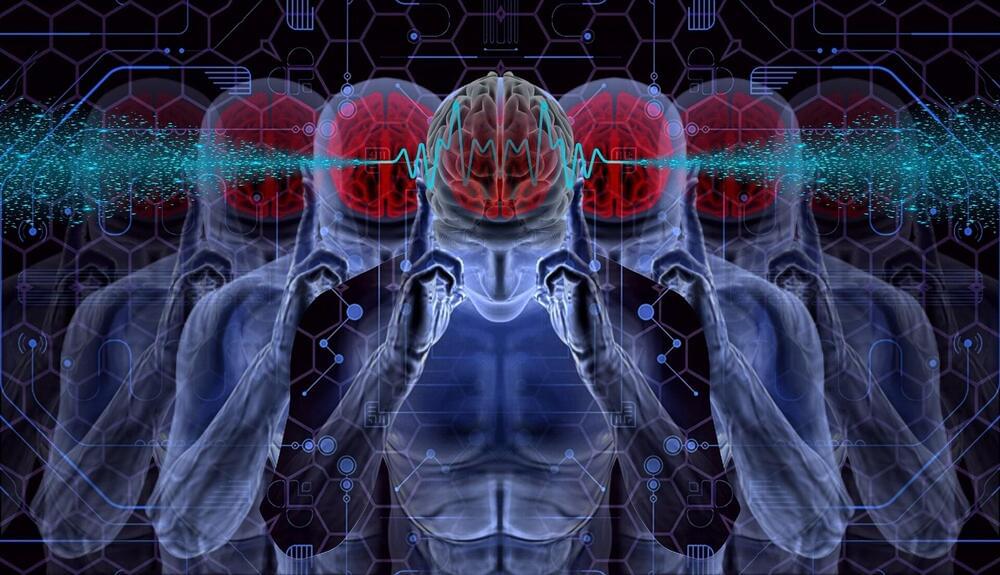Researchers at the University of Texas at Austin have developed a decoder that uses information from fMRI scans to reconstruct human thoughts. Jerry Tang, Amanda LeBel, Shailee Jain and Alexander Huth have published a paper describing their work on the preprint server bioRxiv.
Prior efforts to create technology that can monitor brain waves and decode them to reconstruct a person’s thoughts have all consisted of probes placed in the brains of willing patients. And while such technology has proven useful for research efforts, it is not practical for use in other applications such as helping people who have lost the ability to speak. In this new effort, the researchers have expanded on work from prior studies by applying findings about reading and interpreting brain waves to data obtained from fMRI scans.
Recognizing that attempting to reconstruct brainwaves into individual words using fMRI was impractical, the researchers designed a decoding device that sought to gain an overall understanding of what was going on in the mind rather than a word-for-word decoding. The decoder they built was a computer algorithm that accepted fMRI data and returned paragraphs describing general thoughts. To train their algorithm, the researchers asked two men and one woman to lie in an fMRI machine while they listened to podcasts and recordings of people telling stories.
